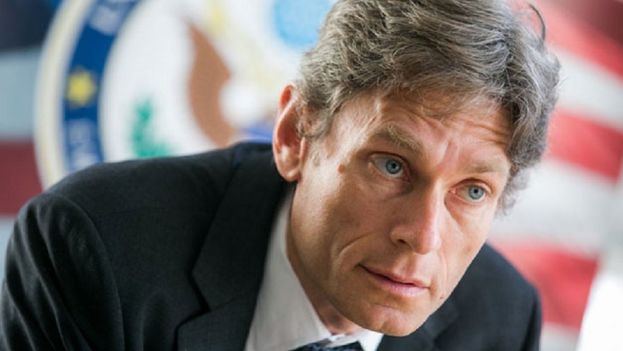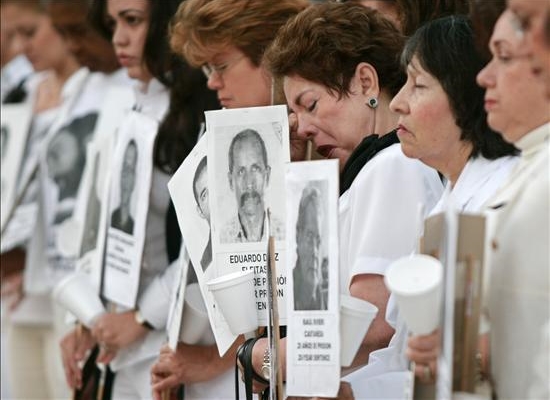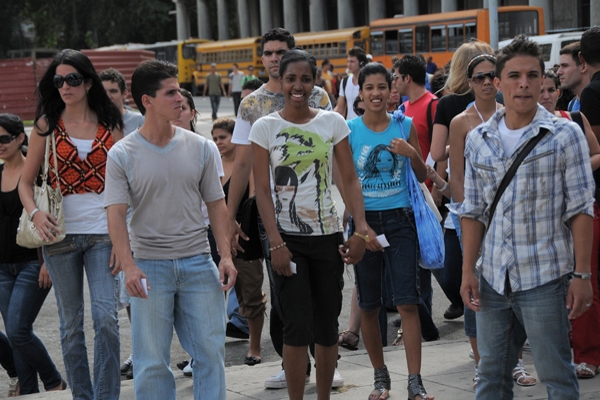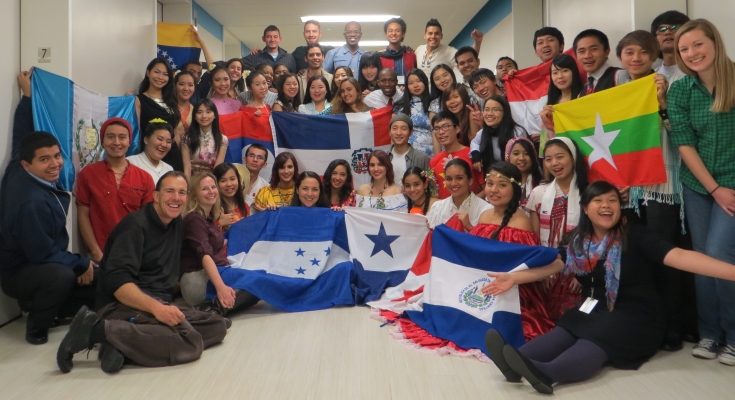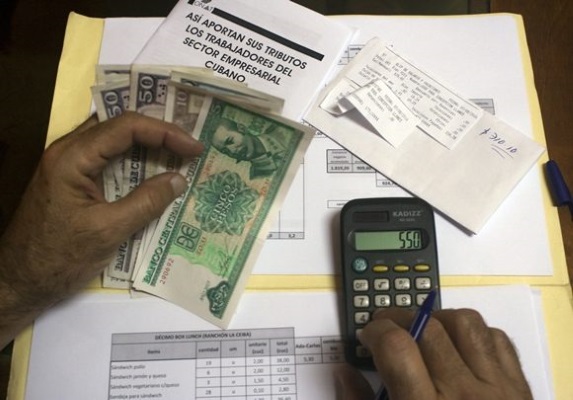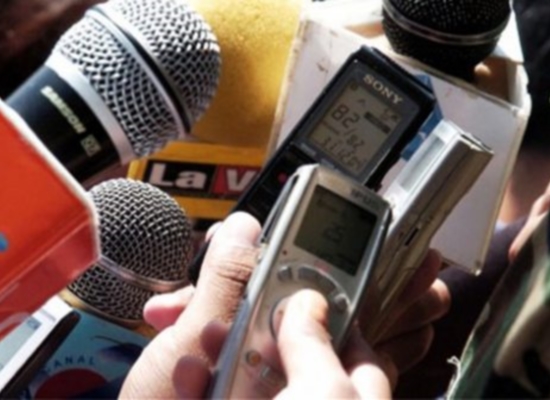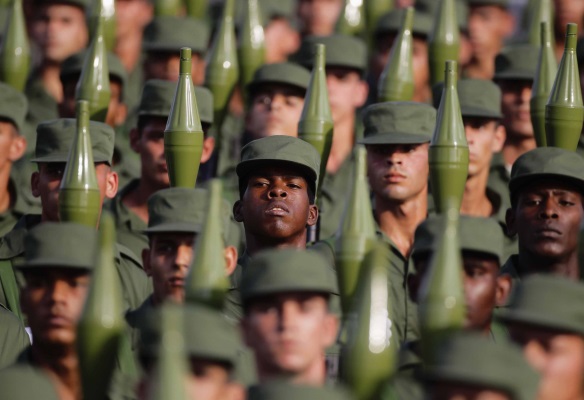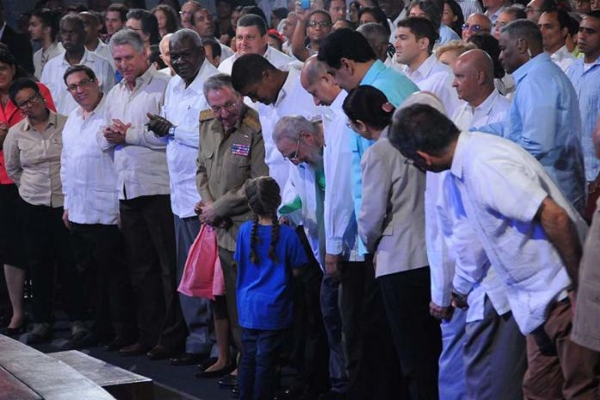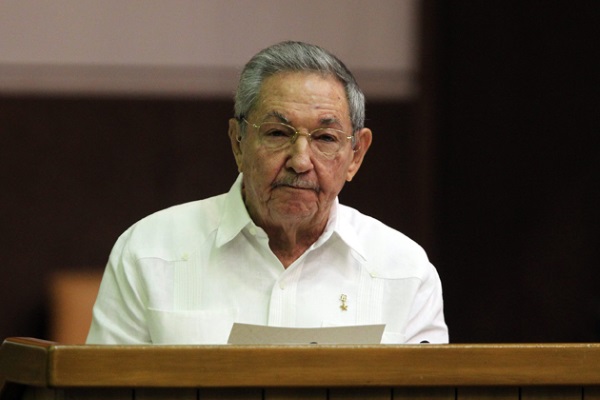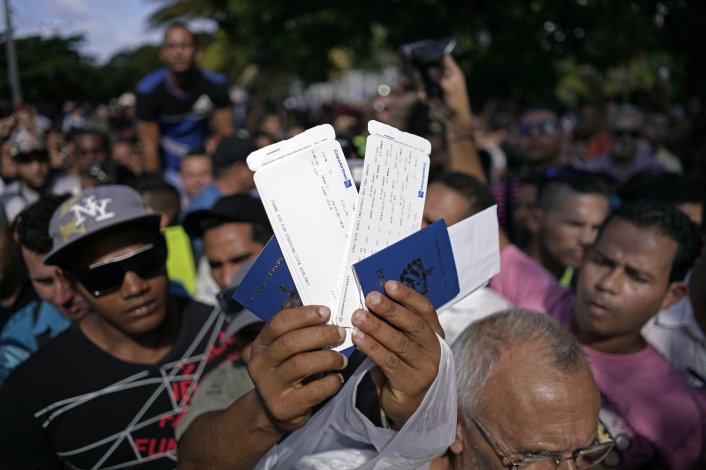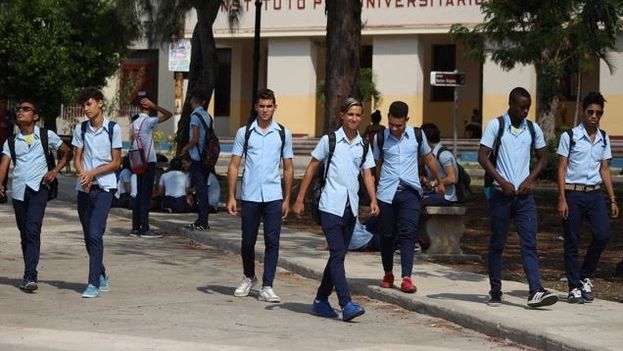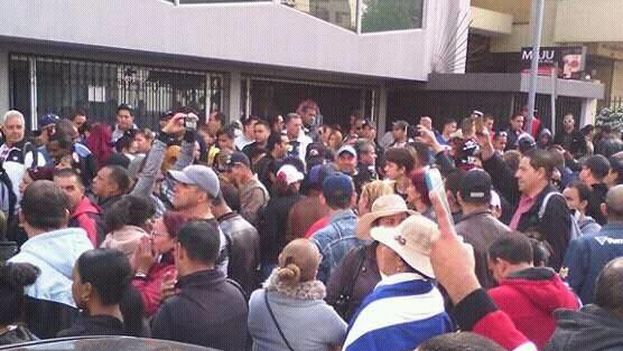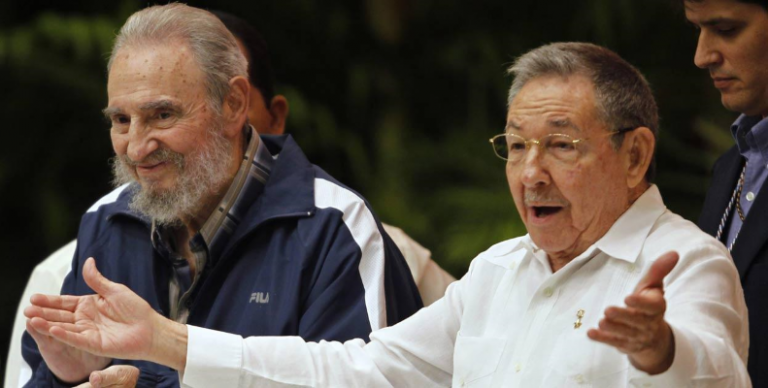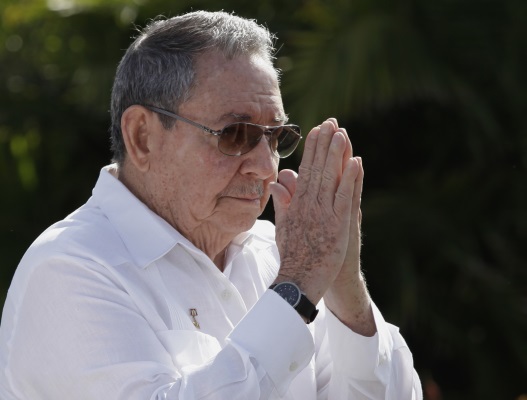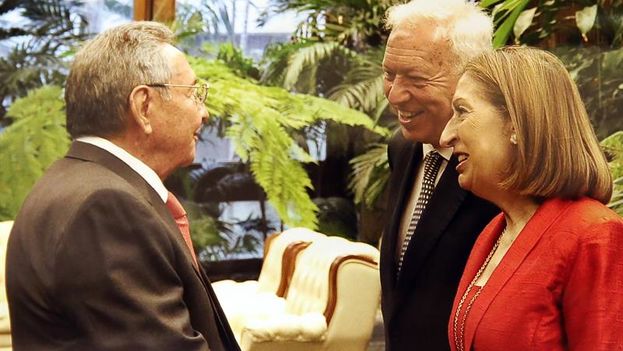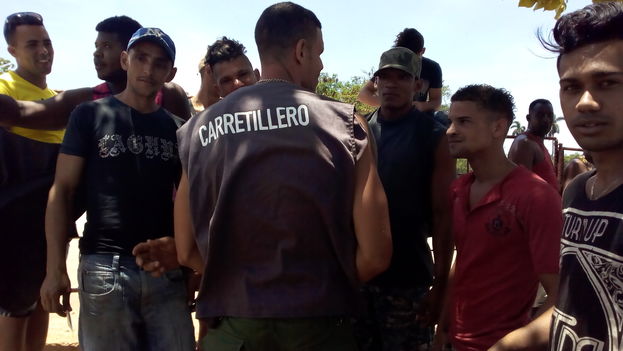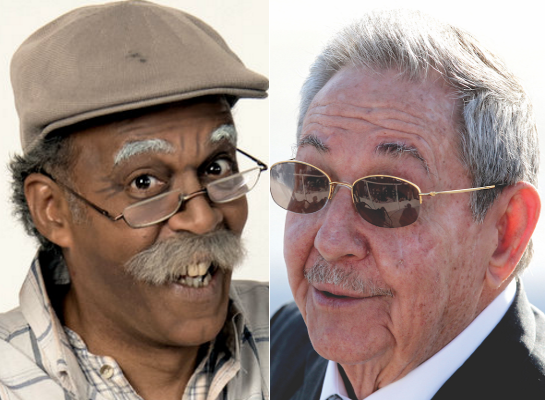
 Cubanet, Miriam Celaya, 27 October 2016 — “Ruperto ‘In Reverse’“ is the nickname the popular Cuban sense of humor has bestowed on General-President Raúl Castro, referring to a character in the popular sit-com “Living on Tall Tales” broadcast on Cuban television Monday, just after the National News’ prime time broadcast.
Cubanet, Miriam Celaya, 27 October 2016 — “Ruperto ‘In Reverse’“ is the nickname the popular Cuban sense of humor has bestowed on General-President Raúl Castro, referring to a character in the popular sit-com “Living on Tall Tales” broadcast on Cuban television Monday, just after the National News’ prime time broadcast.
We could not dream of a better analogy. Ruperto, of the television program is the embodiment of an old man who just woke from a long coma. He received a blow to the head and remained in a vegetative state since the 1980’s. Obviously, the guileless Ruperto not only missed such shocking events for Cuba as the collapse of the USSR and the socialist camp, the Special Period, the Maleconazo, the Mariel boat lift, the arrival of the previously-evil foreign capital, the decriminalization of the US dollar, the dual currency, etc. – all of which explains that his declarations are retrogressive, extemporaneous and misplaced – but, in addition, as a result, his motor-skills have been affected, and he walks in a peculiar manner: one step forward and one back. continue reading
It also does not seem fortuitous that Ruperto, without doubt the most subtle and best conceived satirical characterization of the show, tends to cling stubbornly to the past or to attribute to himself qualities and unrealizable aspirations which do not correspond to his age or physical and mental condition.
Relatively speaking, his counterpart in real life seems to live in similar circumstances. After more than a decade since assuming the “interim” government, and more than eight years since his appointment became official with the symbolic blessing from the National Assembly, the supposed “reformist” General, who initially took office with a promise, yet to be fulfilled, of a daily glass of milk for every Cuban, and implemented such bold measures as land leases, authorized the sale and purchase of homes and cars, and enabled small private businesses, has not only failed in his experiment of “updating the model” but he now seems to be driving the country in reverse.
The regression is reflected both in economic and social life, and in the official discourse, increasingly aggressive and virulent against “imperialism and its interventionist policies” when barely two years have passed since the re-establishment of relations between Washington and Havana, and in spite of the ongoing process of “dialogue and rapprochement” between both governments, and though each encounter between their representatives has been qualified as “positive, constructive and respectful” by the Cuban authorities.
The consistent anti-American onslaught associated with animosity and not with a process of dialogue and rapprochement, strikes against all angles, from the neighbor’s purely political questions (interference?) to domestic and cultural issues of the northern country, which are demonized or ridiculed in the official Cuban media. What people with common sense keep asking is “what’s the point of re-establishing relations with a government so full of bad intentions and bent on subverting Cuba’s political order?”
Simultaneously, and in obvious relation to the already near-ritual before the United Nations General Assembly, where in October each year the Cuban delegation presents its “Report of Condemnation of the US Embargo,” the curators of the Castro press have unleashed a fierce “anti-embargo” campaign in Cuba, accompanied by student organizations and organizations at the service of the government, in which aggressive speeches, ultranationalist slogans and violent language abound.
Pure fanfare and cyclical sterile jingoistic hullabaloo in a scenario of widespread shortages, of markets without merchandise, of inflation and uncertainties that, far from achieving genuine popular support, has the immediate effect of confusing national public opinion and providing an image of the insecurity of a system well-versed in intrigues and confrontations, but obviously misplaced when it comes to harmony, diplomacy and dialogue.
As a result of such bipolarity in the government, Cuba’s population, broadly pro-American, permeated by a dream of the “American way of life,” is alienated from the official policy and focuses on the immediate – daily survival – and on the practical – survive as best one can a failed system whose end most Cubans await and long for.
Because it is becoming increasingly clear that the movements of obvious advances and undeniable halts – if not outright regression – by the General-President, alias Ruperto “in reverse,” rather than a strategy, indicate a lack of it, and show the fragility of such a primitive and rigid totalitarian system that cannot afford the slightest concession in the country – not to mention the political level – but at least in the economic confines, without the risk of precipitating its own end.
Of course, one must understand that Ruperto does not have it easy. The challenge of the Castro autocracy at this critical time for its own survival is attaining access to the financial capitals of the enemy Empire without making concessions, without betraying its caste, without making advances on Human Rights and without losing its power. It is an impossible mission, unless an inopportune savior of villains makes his appearance at the last moment. If anything is clear in this whole saga of confusion, it is that the olive green caste, headed by Ruperto, has absolutely no idea how to get out of the mess.
Translated by Norma Whiting

